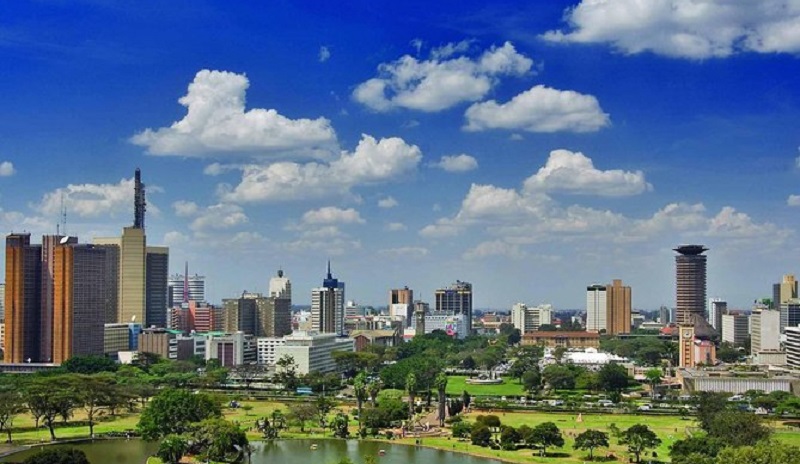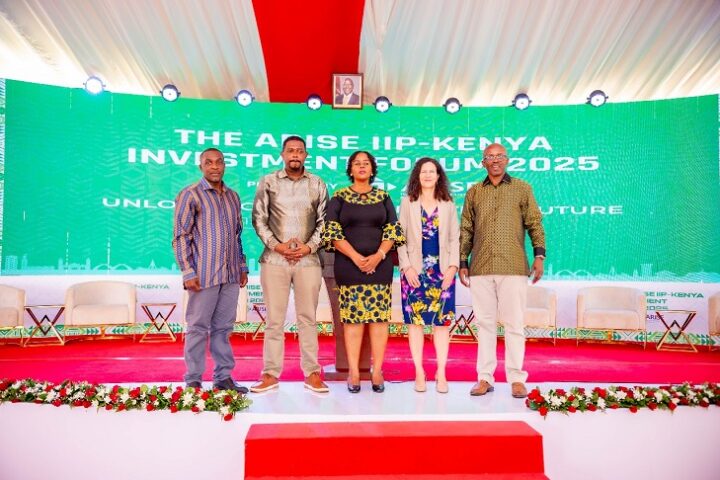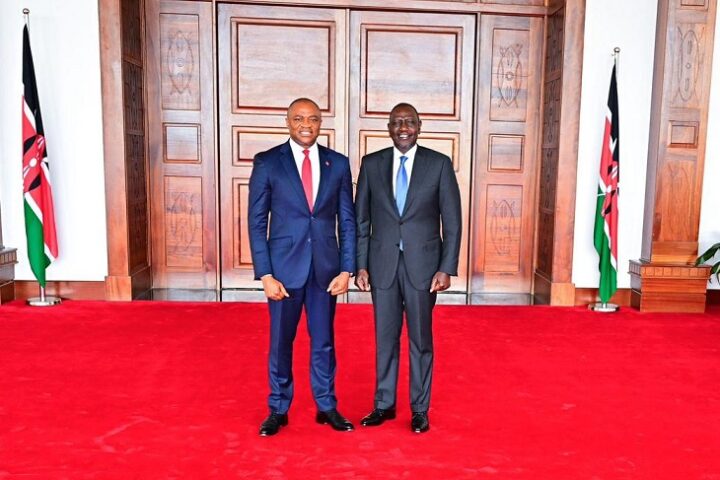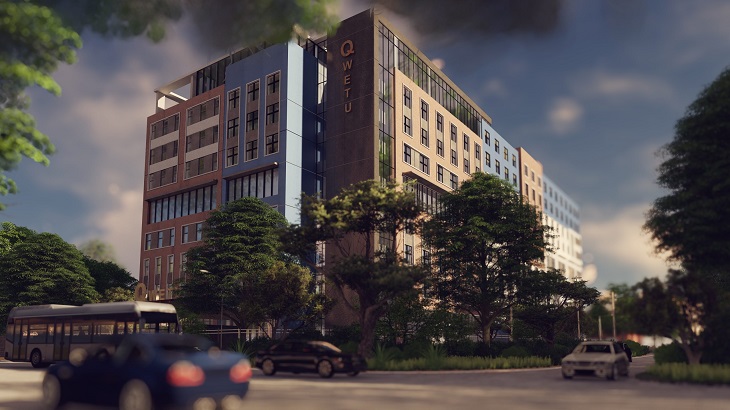When Kevin got his first paycheck working as a junior analyst at an uptown firm in Westlands, he felt unstoppable. Fresh out of campus, armed with a gleaming new ID badge and a mid-level salary, he thought he’d made it.
Then came the pressure.
His boys were already discussing car imports from Japan. His mother, back in Kisii, was reminding him of the “unfinished plot” near the family land. His HR manager casually asked if he had thought about signing up for a mortgage under Boma Yangu.
At 26, Kevin wasn’t just working—he was being pulled in all directions by the realities of modern adulthood in Nairobi. Should I buy a car? Rent and wait? Start building upcountry?
This is the silent dilemma facing thousands of young professionals navigating Nairobi’s chaos. It’s more than a financial decision—it’s about identity, status, and long-term survival.
Related Content: Is Kenya Ready For Electric Cars?
The Seduction of the Car
In a city where matatus are either blaring Gengetone at 7:30 AM or stuck in gridlock for two hours, owning a car is more than a flex—it’s relief.
Kevin’s friend Brian, a digital marketer, bought a Toyota Axio six months after getting a job. “It changed my life,” Brian says. “I can meet clients faster, attend events in Karen at night, and skip the Githurai madness every evening.”
But the costs? Brutal.
Fuel prices are hovering around Ksh 190 per litre. Monthly maintenance and insurance alone can eat up Ksh 10,000–15,000. And with Nairobi’s traffic, you’re spending more time stuck than moving.
Still, for many like Brian, it’s worth it. “I’d rather starve a bit and save time than waste half my life in traffic,” he says.
The House in Nairobi: Investment or Illusion?
Kevin once did the math: his Ksh 30,000 rent in Kilimani could pay off a mortgage in a few years. So he started researching. A one-bedroom apartment in Ruaka? Ksh 6.5 million. A two-bedroom in Syokimau? Around Ksh 8 million. And that’s before factoring in legal fees, stamp duty, and agency commissions.
“The numbers scared me,” Kevin admits. “But paying rent forever scares me more.”
Real estate agents will tell you that buying a house is building equity. And yes, in Nairobi’s competitive market, owning a home can be a game changer. But it ties you down. Most young people switch jobs often, and some can’t guarantee they’ll be in Nairobi for the next five years.
Plus, many Nairobi homes aren’t built for longevity. “I bought off-plan,” says Sharon, a schoolteacher. “After two years, I’m already dealing with leaking pipes and poor finishes.”
The Village House Dream
Then there’s the third path: building in the village. Kevin’s mother insists it’s the best thing he can do. “One day you’ll return home. Build while you’re still young,” she tells him.
In many rural areas, land is still affordable. You can start small—two rooms, mabati roof, then expand. You won’t deal with Nairobi rent, and emotionally, it connects you to your roots.
But it comes at a cost, too. That house won’t generate income. It won’t reduce your current rent in Nairobi. It might even become a financial drain.
“I finished my shags house before turning 30,” says Pauline, a banker from Nyeri. “But now, it’s empty 11 months a year. Meanwhile, I’m stuck renting in Nairobi.”
So, What Should You Do?
There’s no one-size-fits-all answer. But here’s the breakdown:
Buy a car if your job demands mobility, if your commute is hellish, or if your time is your biggest asset. Just be ready for the long-term expenses.
Buy or rent in Nairobi based on your stability. If you’re sure you’ll be here for 5–10 years, a mortgage might make sense. Otherwise, renting buys you flexibility.
Build in the village if it aligns with your plans, like retirement, farming, or settling down later. But don’t rush just to silence the family WhatsApp group.
The Real Flex: Financial Discipline
Kevin hasn’t bought a car yet. He still rents a small studio in South B and sends Ksh 10,000 a month to build slowly on a plot his father gave him.
“I decided to play the long game,” he says. “Save first. Decide slowly. Nairobi life isn’t a race.”
And maybe that’s the real answer. In a city where pressure is constant and opinions are loud, your best investment might just be patience.
Do you think Nairobians should prioritize homes, cars, or village investments? Drop your thoughts in the comments below. Let’s talk.
Related Content: Absa Bank Kenya Unveils 110% Home Loan Financing
This piece has been written by Namalenya Kenneth, a Journalist and Scriptwriter.










